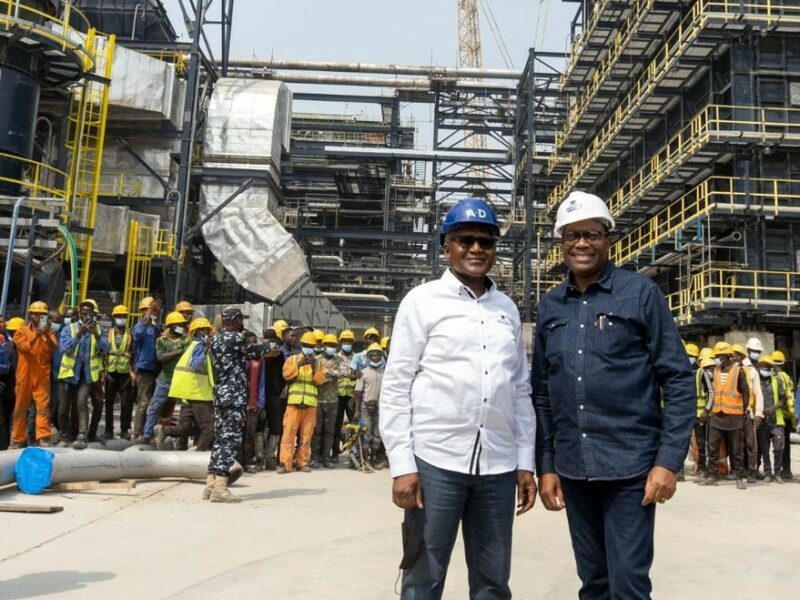Year of Rebellion: New Amnesty International report on 2011 Middle East and North Africa uprisings
On 9 January 2012 Amnesty International is launching a new report: Year of Rebellion: State of Human Rights in the Middle East and North Africa.
The 72-page report analyses the events of 2011, a historic tumultuous year which saw much suffering and sadness but also spread hope within the region and beyond.
The report draws on the research work carried out by Amnesty International throughout the year, including specific chapters on Tunisia, Egypt, Libya, Yemen, Syria, Bahrainand Iraq. It also looks at the response by the international community to the year’s developments, including their responsibilities towards refugees and migrants.
When: The report will be released on 9 January 2012 at 0001hrs GMT.
Spokespeople: Amnesty International regional specialists will be available for interview fromLondon in Arabic, English, French, Spanish and Persian.
Contact: for more information about the report and to arrange interviews, please contact the Amnesty International Press Office on +44 (0) 7413 5566 or email press@amnesty.org
Overview of Amnesty International’s work on the Middle East and North Africa in 2011
This is not a comprehensive list of all Amnesty International’s work, but gives a sense of some of our key publications this year. Links to each document are provided.
Between January and March, Amnesty International:
· launched the first comprehensive report on the killings of protesters by the security forces in Tunisia
· was one of the first organizations to report on torture of demonstrators by the army in Egypt and documented the use of forced “virginity tests” against female demonstrators inEgypt.
· was among the first organizations to call for Libya to be referred to the ICC; reported a campaign of enforced disappearance by pro-Gaddafi forces.
· accused the Government of Bahrain of using excessive force in clearing the Pearl Roundabout.
· condemned a crackdown on protest in Iran and called for the release of opposition leaders Mir Hossein Mousavi and Mehdi Karroubi from house arrest.
Between April and June:
· raised the alarm that violations in Syria appeared to amount to crimes against humanity and called on the UN Security Council to refer the situation in the country to the ICC; and released video footage pointing to a “shoot to kill” policy being used by the security forces against peaceful protesters.
· criticized western allies of Bahrain for their failure to put pressure on the government to end its “spiralling political and human rights crisis”.
· condemned a crackdown against peaceful protest by the Iraqi authorities in bothBaghdad and theKurdistan region.
· documented pro-Gaddafi forces’ war crimes and possible crimes against humanity in Misratah, including indiscriminate shelling of civilian areas.
· released a major report into Egypt’s ‘January 25 revolution’, including the cases of over 300 people who were killed, accusing the security forces of excessive force.
· called on the international community to help probe the scores of protest killings in Yemen that it had researched, including the events of “Bloody Friday” protest killings in that left more than 52 dead.
Between July and September:
· published a leaked secret anti-terror law that would classify dissent in Saudi Arabia as a terrorist crime, leading the government to block the Amnesty website.
· accused Syria of crimes against humanity in the town of Tell Kalakh after documenting widespread torture, deaths in custody and arbitrary detention; and revealed that it had recorded 88 reports of deaths in custody in Syria in 2011, compared to a previous annual average of 5 deaths in a year.
· was one of the first organizations in Libya to report on massacres of detainees by retreating pro-Gaddafi forces; documented attacks on sub-Saharan Africans and “settling of scores” by forces loyal to the NTC; and criticized European governments for failing to offer resettlement to vulnerable refugees stranded on Libya’s borders as a result of the conflict.
· urged the authorities in Egypt to address the needs of the country’s 12 million slum-dwellers.
· called the sentencing of 20 doctors by a military court in Bahrain a “travesty of justice”.
Between October and December:
· revealed a campaign of systematic harassment by Syria’s intelligence services and embassies to silence opposition to the government in at least eight countries; and reported on the use of hospitals in Syria as places of repression and torture.
· documented more than interviews with 300 detainees held in Libya by forces loyal to the NTC, most of whom had suffered torture and ill-treatment in captivity.
· published statistics on key countries supplying arms to the Middle East and North Africa in the last five years arms trade.
· said it believed that Egypt’s Supreme Council of Armed Forces had committed a catalogue of abuses that were in some cases worse than those under former President Mubarak; and campaigned for women in Egypt to play a greater role in public life
· reported on a “wave of repression” in Saudi Arabia as authorities cracked down on protesters and reformists on security grounds.
Human rights recommendations to countries in transition:
Amnesty International this year presented consolidated human rights recommendations to the authorities in Tunisia, Egypt and Libya, urging them to break with the years of repression and human rights abuse by taking urgent, concrete measures.
Amnesty International
Stay with Sierra Express Media, for your trusted place in news!
© 2011, https:. All rights reserved.






